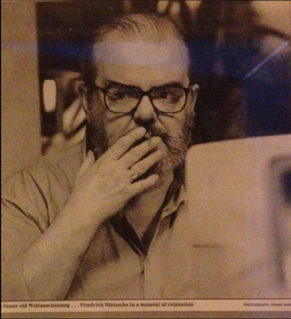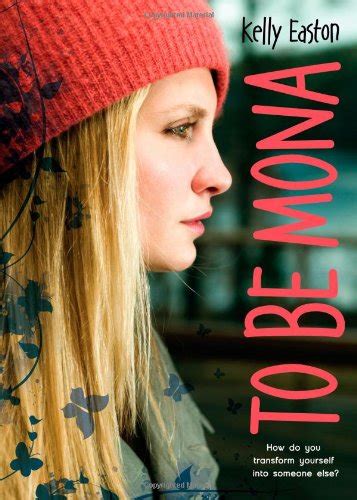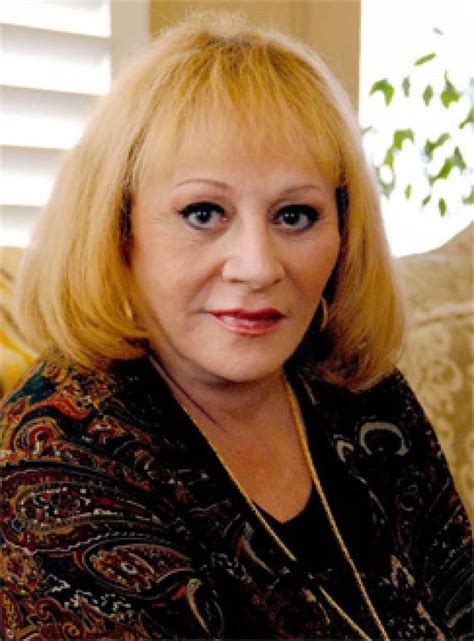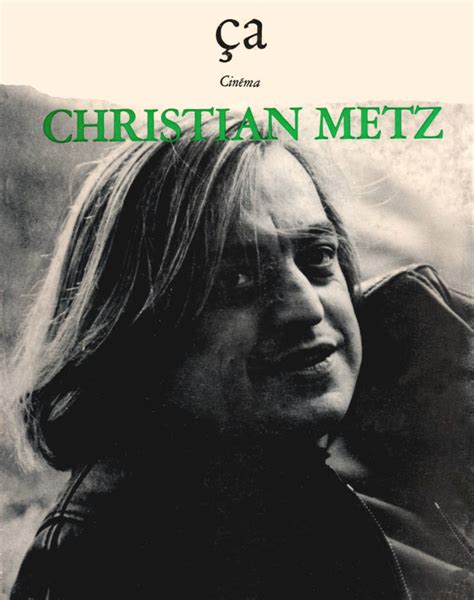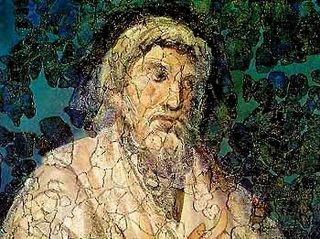A Quote by Mignon McLaughlin
The death of someone we know always reminds us that we are still alive - perhaps for some purpose which we ought to re-examine.
Related Quotes
And if I remain in the dark about our purpose here, and the meaning of eternity, I have nevertheless arrived at an understanding of a few more modest truths: Most of us fear death. Most of us yearn to comprehend how we got here, and why-- which is to say, most of us ache to know the love of our creator. And we will no doubt feel that ache, most of us, for as long as we happen to be alive.
It seems to me that one ought to rejoice in the fact of death-- ought to decide, indeed, to earn one's death by confronting with passion the conundrum of life. One is responsible to life: It is the small beacon in that terrifying darkness from which we come and to which we shall return. One must negotiate this passage as nobly as possible, for the sake of those who are coming after us.
One of my optimistic prophecies is based on the assumption that machines could have the best algorithms in the universe, but it will never have purpose. And the problem for us to explain purpose to a machine is because we don't know what our purpose is. We have the purpose, but we still ... When we look at this global picture, a universal picture, to understand what is our purpose being here on this planet? We don't know.
But perhaps this is all to the good. Perhaps it’s best to live with the possibility that around any corner, at any time, may come the person who reminds you of your own capacity to surprise yourself, to put at risk everything that’s dear to you. Who reminds you of the distances we have to bridge to begin to know anything about one another. Who reminds you that what seems to be—even about yourself—may not be. That like him, you need to be forgiven.
I felt him there with me. The real David. My David. David, you are still here. Alive. Alive in me.Alive in the galaxy.Alive in the stars.Alive in the sky.Alive in the sea.Alive in the palm trees.Alive in feathers.Alive in birds.Alive in the mountains.Alive in the coyotes.Alive in books.Alive in sound.Alive in mom.Alive in dad.Alive in Bobby.Alive in me.Alive in soil.Alive in branches.Alive in fossils.Alive in tongues.Alive in eyes.Alive in cries.Alive in bodies.Alive in past, present and future. Alive forever.
And what, you ask, does writing teach us? First and foremost, it reminds us that we are alive and that it is gift and a privilege, not a right. We must earn life once it has been awarded us. Life asks for rewards back because it has favored us with animation. So while our art cannot, as we wish it could, save us from wars, privation, envy, greed, old age, or death, it can revitalize us amidst it all.
Photography is linked with death in many different ways. The most immediate and explicit is the social practice of keeping photographs in memory of loved beings who are no longer alive. But there is another real death which each of us undergoes every day, as each day we draw nearer to our own death. Even when the person photographed is still living, that moment when she or he was has forever vanished.
For when God forbids us to kill, he not only prohibits us from open violence, which is not even allowed by the public laws, but he warns us against the commission of those beings which are esteemed lawful among men....Therefore, with regard to this precept of God, there ought to be no exception at all, but that it is always unlawful to put to death a man, whom God willed to be a sacred animal.



